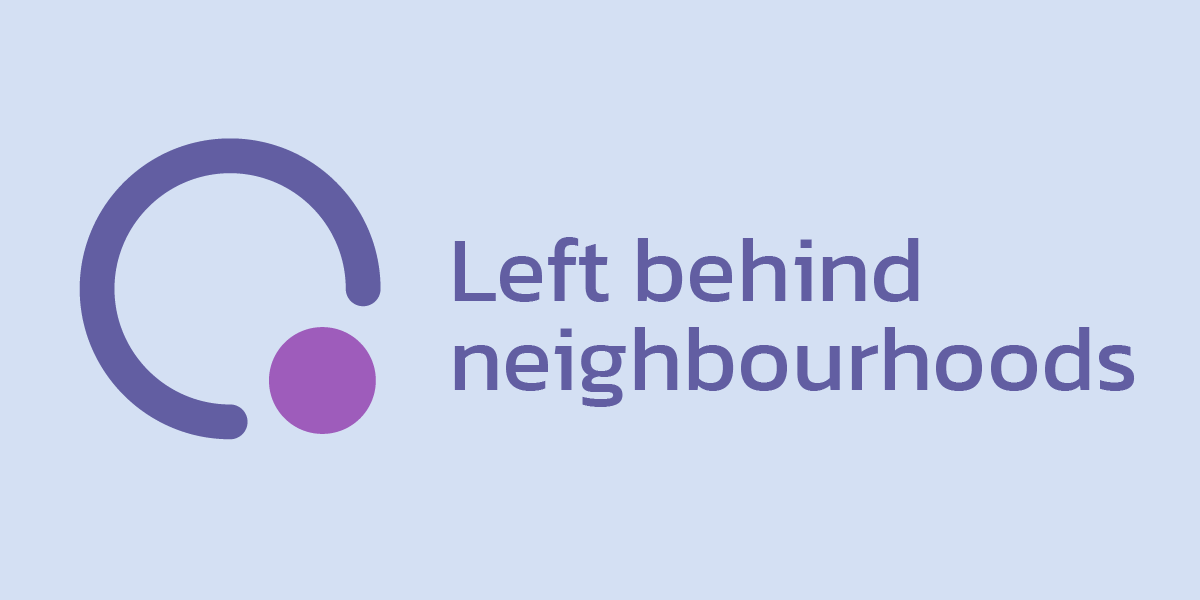
The APPG has just published its report, ‘Overcoming health inequalities in ‘left behind’ neighbourhoods’ (LBN).
The report is key in revealing the growing health disparities between LBNs in England and the rest of the country. The data gathered by us using our Local Insight tool, and by our partner organisations in compiling this report, Local Trust and North Health Science Alliance (NHSA), uncovers that the disparity has grown over the past 20 years and in recent times has been accelerated by the pandemic.
The past two years of the pandemic have really shone a spotlight on the disparities experienced in these communities; people living in LBNs are 46% more likely to have died of COVID-19 than those in the rest of England, and 7% more likely to have died of COVID-19 than those in other deprived areas.
This startling difference in mortality rates is, in-part, a consequence of the wider health disparities that are evident in these communities. ‘Left behind’ neighbourhoods have:
The 77-page report built on our data looks in detail at the health inequalities in left behind neighbourhoods. Each data set on its own tells only part of the story, but when combined with all our data and research the story that is told is one of long term neglect and deep-rooted disparity that has only been accelerated by the consequences of the pandemic.
By looking in detail at the three contextual aspects that are important to health: the economic, the social and the physical, the report can identify underlying root causes and possible means to address these.
Read the full report here.
Following the release of the second Everybody needs good neighbourhoods report, Stefan…
More
We are proud to have contributed towards the Everybody needs good neighbourhoods…
More
The Community Life Survey (CLS) is an annual survey commissioned by the…
More